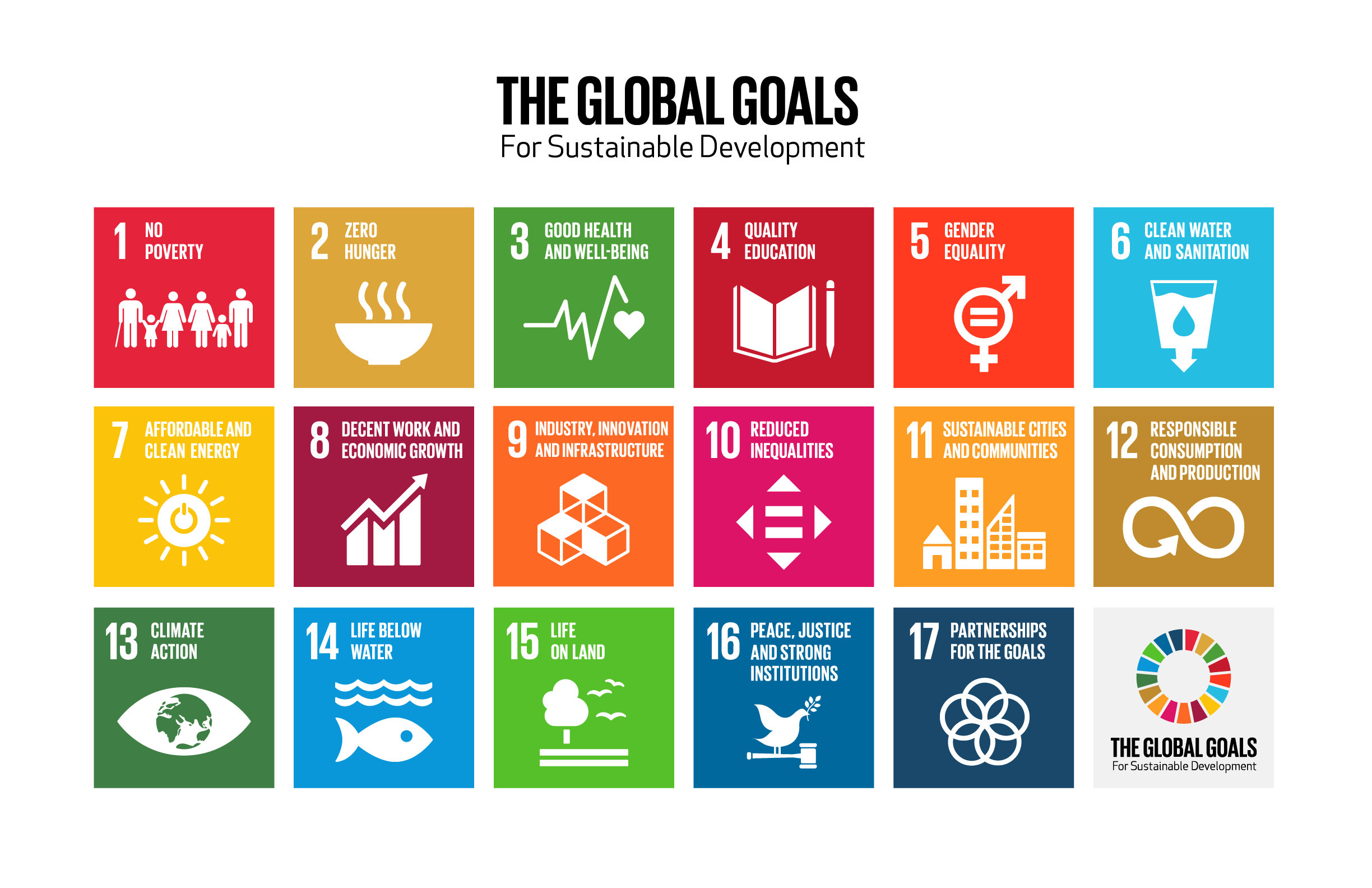Our PEACE framework gives you confidence to pursue sustainability.
Below you’ll find information on many sustainability topics, but the overriding theme is making it:
Practical: Sustainability needs to be actionable! We provide toolkits, checklists, and step-by-step guidance.
Economical: We aim to include the selling points and business case of sustainability initiatives.
Approachable: There's too much blaming and shaming. We want you to feel good about the next step, not bad for the previous ones.
Celebrated: We applaud every plate of food donated, every email you didn’t print, every day you take public transportation, and every time you show up to learn. We elevate and amplify those doing good, no matter how small their efforts.
Enjoyable: Sustainability is an uphill battle. We can't change that, but as we climb the mountain, we want to experience growth, comradery, fun, enlightenment, inspiration, and joy. We emphasize teamwork and discovery.
Sustainability is a journey. We hope our content serves as guide and encouragement!
Browse all content below or click on a theme to read blogs on those topics and to learn more about our services and courses in these areas.
ALL BLOGS
GO ROGUE: A Supplier Diversity Mandate for Events Industry Professionals
Download a free report on challenges and opportunities in supplier diversity. It’s not easy work so this is a call to GO ROGUE and drive change in your organization!
Scaling Contract Mountain
Policies and contracts often get in the way of moving forward with improvements that would achieve desirable social and environmental outcomes. I frequently speak with those, both those selling ideas from within the organization and those outside selling products and services that help companies be more sustainable. When it comes to selling ideas, products, and services to larger organizations, one of the most common obstacles you’ll run up against is contracts. This can be particularly frustrating because it feels like a hard, nonnegotiable NO - an unscalable mountain.
Local vs. Express
No doubt convenience, uniformity, and speed are high priorities when it comes to corporate procurement. Before you board the express train, take a moment to investigate the alternatives and consider a different route – the local route. It's likely when a corporation implements a buy local/shop small strategy, the common challenges are the FOUR Cs: Contracts, Chaos, Capacity, and Costs. Read our tips for overcoming these.
Reopening: Rethink or Regress?
Every day I see more posts about ‘back to normal’ activities. But as we reopen, let’s not get ‘back to normal.’ One of the most common and frustrating experiences people have when trying make positive changes is to encounter the “we’ve always done it this way” mentality. I recently spoke with a mentee who works at a hotel. The hotel is not reopening, it’s opening. None of the employees have worked for this brand before, yet she is constantly encountering “[hotel x] says we have to do it this way.”
Itchy Skin and a Swollen Head
According to MCS Aware, a site dedicated to helping people with Multiple Chemical Sensitivity (MCS), it is a “chronic, physical illness affecting people of all ages and backgrounds. It causes sufferers to have allergic-type reactions to very low levels of chemicals in everyday products. Put simply the immune and detoxification systems stop working properly and the body cannot process toxins efficiently.” This blog is about my journey with chemical sensitivity and why it’s important to consider your customer’s comfort.
Invest in a Little Language Learning
Have you ever traveled to a country where you didn't speak the language? There's a good chance that before you ventured out you learned at least a few phrases of that language. Maybe you did it out of respect for the locals. Or maybe you did it for purely utilitarian reasons, like wanting to make sure you can find the bathroom when you need it. This same principle applies to convincing others to support sustainability initiatives - learn their language, the language of finance and the business case.
Scavenger Hunt
I am passionate about the concept of 'buy local' (and supporting small business and social enterprises). I often find things (products, souvenirs, services, restaurants, shops…) that even the locals I'm meeting with hadn't heard about. It's part research, part serendipity. I'm using the same map app they are. I don't have any special feature that says "show me the awesome local stuff." It takes setting an intention and going about your search in a specific way…
All of a Sudden
When customers decide they care, will you be ready or will you be scrambling to convince them you do? Because when it matters, it REALLY matters! Recent events have demonstrated how quickly a mention can become a movement. Are you ready? Consider the levels of consciousness that can suddenly arise like we have seen in the spring and early summer of 2020.
Partner with Human Resources for Successful Sustainability
Sustainability should be for and include everyone in an organization. We need to be careful that green teams (or whatever you call those who are mostly doing the work of sustainability) are not just for executives or the elite. Everyone should be seen as a vital part of successful implementation. We need the buy-in and support of Human Resources. Dr. Melonie Boone shares some wisdom on best practices for involving HR in sustainability initiatives.
Buy Local, Shop Small: A Big, Global Impact!
Small businesses make up about 90% of business worldwide yet receive a disproportionately low share of corporate and government procurement spend. Buying local and supporting small, disadvantaged businesses advances the SDGs but not without change in the purchasing practices of corporates and governments. Here's a list of reasons why small businesses needs your help so they can move the needle on the SDGs.
Inspire Staff, Step Back, Watch Magic Happen!
After a food waste training session, there was such excitement among staff to participate that they almost had a "too many cooks in the kitchen" situation. The confusion of having so many people involved led to a refinement in process, definitions of waste, vessels, etc. and clarification of roles so that everyone can add value.
Because I Said So!
Sustainability, like any major change initiative, is dependent on executive sponsorship, but the focus on top leadership buy-in can be skewed. Executive sponsorship is no doubt vital. Projects without it have lackluster results and high resentment. Much time is invested wooing executives, but initiatives become watered down by the time they reach managers and frontline employees. Don’t just make it a “because I said so” exercise.
Quit Under Committing and Over Thinking
The number one thing sustainability experts and consultants hear when training others is “where do we start?” Somehow, not knowing where to start causes people to get frozen in inaction. They overthink it and fear they might get it wrong so why bother. The key: JUST START! Anywhere! And in this blog we provide a few simple things to get you going.
Dignity in December
December is gift giving season, whether it’s for one of several religious festivities, a wedding or anniversary, a birthday, or just annual corporate gifting, it’s a good opportunity to question whether your gifts benefit those who make them. The blog includes tips for ensuring fair and humane supply chains in your purchasing, and a link to a webinar playback.
Get out of the way!
I’m always talking about the importance of empowerment. And just to prove how much such messages need reinforcement, here’s a story about how my own doubts and good intentions got in the way… or almost did. It’s such an awesome story of what can happen when you give people just a little freedom to try out their ideas.
GRRRRREAT Ideas for Landfill Diversion
In this blog, I share some brief examples for each of the Rs in the landfill diversion equation: rethink, reduce, reuse, repurpose, and recycle. The rethink step is especially important.! There’s also a link to a playback of a webinar on single-use plastics and one on recycled content.
Food Systems and Biodiversity
In this blog, Joseph While (former Astrapto intern) explores biodiversity. “I like to think of nutrition diversity as your personal health stock portfolio: Create a hedge fund for your health by investing in as many diverse nutritious foods as you can. You are more likely to protect yourself as an investor in your own health, the more diverse you make your nutrient portfolio.”
Overcoming Jerks (and toxic culture)
The COVID-19 crisis has caused the restaurant industry to call out abusive behavior, racism and sexual harassment. Every industry and workplace can be home to this type of behavior, but a restaurant seems to be a special breeding ground for this. In this blog, we offer some tips for overcoming jerks in the workplace when trying to drive sustainability - not just restaurants but any workplace.
Captivate the Captive Audience
In this interview with Vivian Belzaguy, we discussed the many opportunities organizations have to engage customers in their sustainability initiatives. As someone leading the charge for music festival sustainability, Vivian has great examples to share. In places where the audience is captive, don’t miss the opportunity to opt them into triple bottom line impact.
Bees and Bugs for Biodiversity
In this blog I feature the work of two social entrepreneurs I mentor, both working to promote biodiversity and alleviate poverty and hunger. One is a beekeeper who protects pollinators in China and the other is exploring innovative and practical ways to sustainably farm high protein, edible insects in Africa.



























